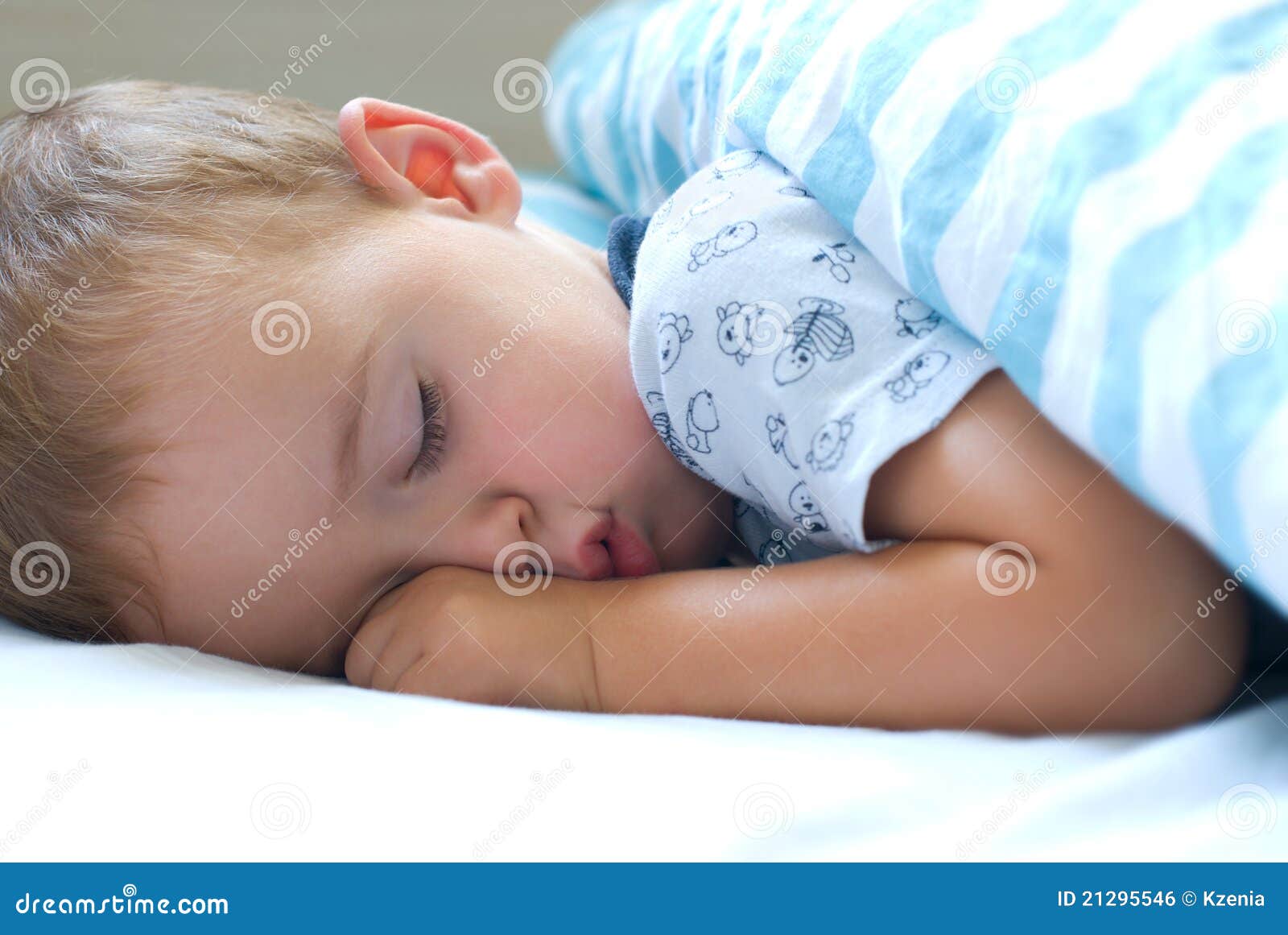

Mind is the ‘active’ activity of consciousness (as opposed to perception, which is its passive activity). The key to these questions lies in understanding mind. If we were to question this state, one question that would arise is simply, why? Why do I seem to have no experience of dreamless sleep? Where do I go? What happens to ‘me’? But we rarely question our experience of dreamless sleep.

And we don’t question our experience of dreams, we know that we have them. We experience the waking state, there is no question of this. We would not casually disregard one third of our money, our family, our friends. Dreaming and deep sleep (the dreamless kind) comprise the rest. The waking state comprises only two thirds of our lives. In fact, most of us do not think of these at all.īut in order to understand reality, we must think of the dreaming state and deep sleep. Most of us do not think much about dreaming and sleeping.

In those cases, they may be signaling a more serious condition, like narcolepsy.Most of us think quite a bit about being awake. If your hypnopompic hallucinations are hitting that benchmark-especially if you feel really sleepy during the day-you should make an appointment with your doctor. Related: What It Means If You Feel Like Your Head Is Exploding When You Fall Asleep Not all hypnopompic hallucinations need to be treated by a professional.īut in my practice, those that occur frequently-say, 3 or 4 times a week-and are distressing enough to impair the person’s sleep quality or daytime function should be evaluated and managed. That means maintaining a more regular sleep cycle and making sure to sleep a solid 7 to 8 hours each night. You can try to cut down on the hypnopompic hallucination episodes by reducing your risk factors for them-namely, sleep deprivation. Related: 7 Crazy Things That Happen When You Sleep Sleep paralysis affects up to 5 percent of the population.

Many people experience vivid hypnopompic hallucinations along with the sleep paralysis-a condition in which you’re fully conscious, but unable to speak or move upon waking-which can make the experience even scarier. This can be due to sleep deprivation, certain medications like tricyclic antidepressants, or even sleep disorders like narcolepsy. While anyone can experience hypnopompic hallucinations, they are more common in people who spend more time in REM sleep. Related: Why Creative People Suffer From More Nightmares But because these hallucinations seem so vivid, they can seem especially disturbing and frightening. You can experience this in regular dreams when you are sleeping, too. Hypnopompic hallucinations can be visual (you “see” a scene or situation in your mind), auditory (you think you hear something, like a knock on the door or someone calling your name), or tactile (you feel like something is touching you, such as a spider crawling over your skin). Related: 5 Creepy Things You Never Knew About Your Nightmares This causes you to experience the hallucinations. Related: 7 Possible Reasons You’re Having Such Weird DreamsĪs you begin to rouse, the dream-like imagery of REM sleep intrudes into your waking state. Your brain is in a semi-awake/semi-asleep state: Part of it is still in rapid eye movement, or REM, sleep-the deep stage of sleep where our brain is more active, allowing for intense dreams. Because you’re not actually asleep when they occur, these “dreams” aren’t dreams at all-that’s why they’re officially referred to as hallucinations.


 0 kommentar(er)
0 kommentar(er)
